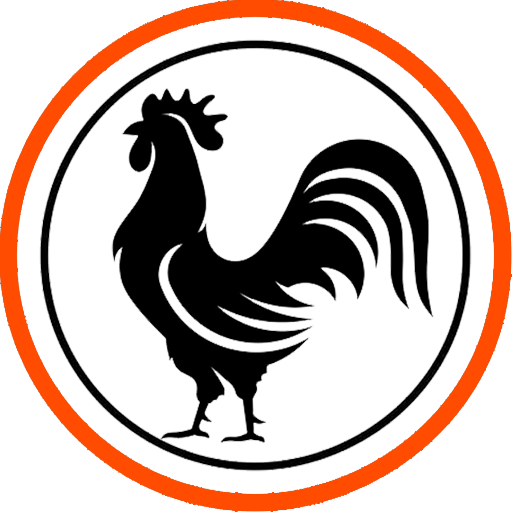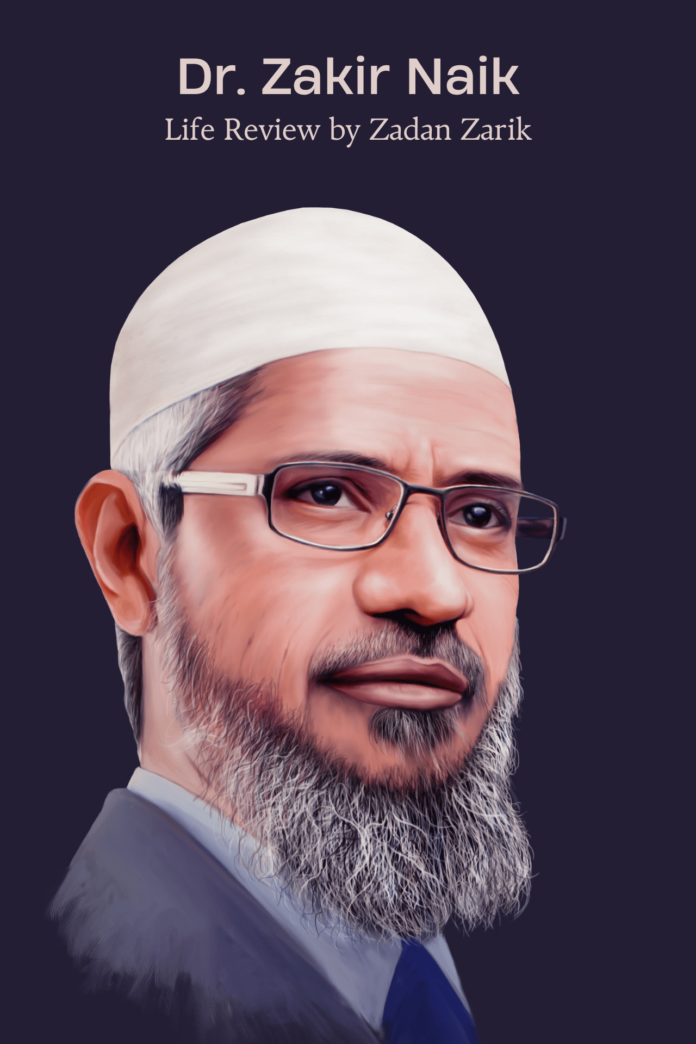I first came across Dr. Zakir Naik through one of his fiery debates on television. I wasn’t really looking for someone to change my views, but something about his calm, methodical dismantling of arguments intrigued me. At first glance, he wasn’t just a scholar. He was someone who didn’t hesitate to challenge everything, whether it was religion, logic, or cultural assumptions. What hit me most was his way of seamlessly blending religious knowledge with science and philosophy. He had this rare ability to speak from multiple perspectives at once – a quality I found both startling and educational. There was no trace of ego, only a relentless pursuit of truth, and that was magnetic.
I began reading his books shortly after. The more I read, the clearer his philosophy became to me: knowledge was meant to be shared, not hoarded. What really struck me was the conviction with which he argued that there could be no clash between science and religion. Many intellectuals separate the two, but Dr. Naik, with his unshakeable confidence, blended them into something coherent, persuasive, and even poetic. He wasn’t just presenting facts – he was unveiling the world, not through the eyes of tradition, but through the lens of logic and reason. His books, for me, were like the kind of intellectual challenge you didn’t know you were ready for but, somehow, couldn’t ignore once you took the first step.
His lectures, though, they were something else. He had this knack for taking the most complex issues – the relationship between science and faith, the inconsistencies in religious interpretation, the big questions of existence – and breaking them down into something you could hold onto, even if just for a while. I’ve seen his talks where the crowd was simply stunned, as if they were all in one collective breath, waiting for his next word. He wasn’t just a speaker; he was a conductor of ideas. It wasn’t about just ‘listening’ to him; it was about being absorbed into a world where every word made you reconsider your previous convictions.
And I’ve met him, in a way. Through his work, his lectures, and those rare moments when he interacts directly with his audience. People see the charisma, the sharp intellect, but not many realize that he lives with a deep purpose that transcends the spotlight. There’s a quiet intensity behind his work, an almost obsessive attention to detail. He doesn’t just teach; he unearths truths. Even if the world turns its back on them, he’ll keep going, because that’s his path. And that’s the thing about Dr. Naik: it’s not just about learning; it’s about unlearning. You can’t follow his work and stay the same. It challenges everything. It makes you rethink your place in the world.
If there’s one thing I’ve taken away from his life and work, it’s that knowledge isn’t just about collecting facts. It’s about applying them to build something greater than ourselves. Dr. Naik’s life is a testament to the fact that true understanding comes when you push the boundaries of your own thinking. To not just accept things as they are, but to challenge them, explore them, and find your own truth. There’s a lesson in his tireless dedication to the pursuit of knowledge. To anyone trying to make sense of a world filled with contradictions, Dr. Naik offers a roadmap – not one of certainty, but of possibility. A path where knowledge never stops, and where questioning is as important as answering.

